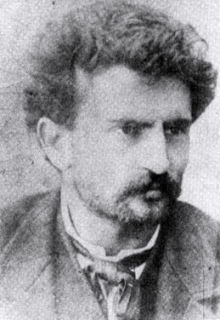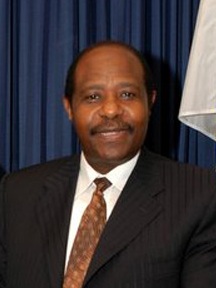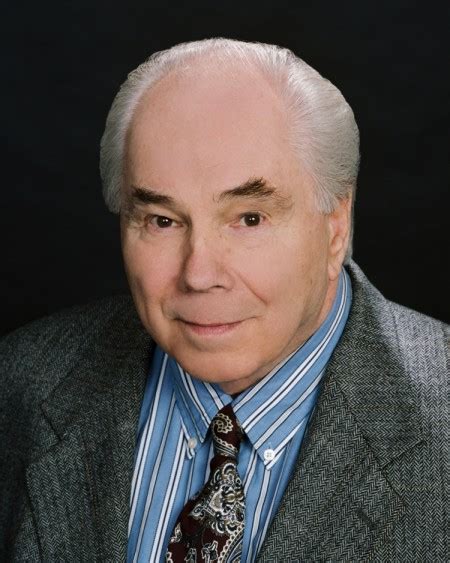A Quote by Dan Simmons
You treat violence as an aberration ... when in truth it is the norm. It is the very essence of the human condition.
Quote Topics
Related Quotes
The sciences that purport to treat of human things -- the new scientific storyings of the social, the political, the racial or ethnic, and the psychic, nature of human beings -- treat not of human things but mere things, things that make up the physical, or circumstantial, content of human life but are not of the stuff of humanity, have not the human essence in them.
Yet again, an ancient answer echoes across the centuries: Listen! Listen to stories! For what stories do, above all else, is hold up a mirror so that we can see ourselves. Stories are mirrors of human be-ing, reflecting back our very essence. In a story, we come to know precisely the both/and, mixed-upped-ness of our very being. In the mirror of another's story, we can discover our tragedy and our comedy-and therefore our very human-ness, the ambiguity and incongruity, that lie at the core of the human condition.
The human condition comprehends more than the condition under which life has been given to man. Men are conditioned beings because everything they come in contact with turns immediately into a condition of their existence. The world in which the vita activa spends itself consists of things produced by human activities; but the things that owe their existence exclusively to men nevertheless constantly condition their human makers.



































